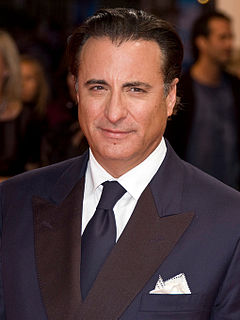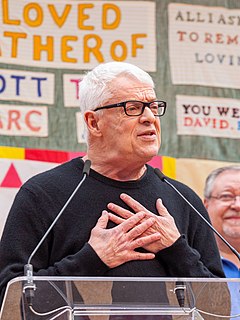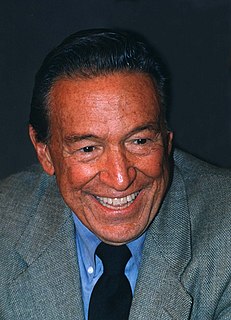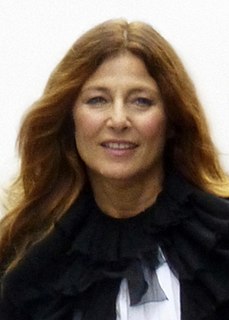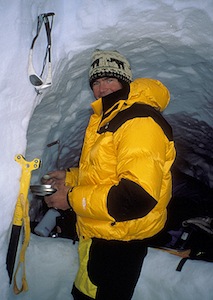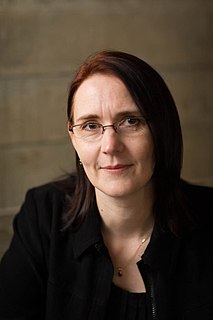A Quote by Wanda Jackson
You know, no one steered people's careers in those days, I don't think, like they do today.
Related Quotes
You gotta understand also that teenage kids just don't have the experience and the studio technique. I mean, in those days it wasn't electronic like it is today, where you can hit a drum and, you know, the engineer does it all. In those days, everything was live and you had to have decent sounds, and through the years you get to weed out what's bad and what's good.
I started in comedy when I first started as an actor on stage and doing improvisational theater and stuff like that. So a lot of people who know me know that sort of side of me. But I got the roles that I got as an young actor kind of steered me in a different direction, which were, at times, darker characters. And so comedy was not something that came easy for people to think of my in those terms.
During those days when you're exhausted and during those days when you're frustrated, during those days when you're being attacked by your own people for doing what you think is right, remember you're part of a progression that goes back a long time of ordinary people who are doing their best to make it a better world.
I think it's really easy for people to point out hypocrisy in people's lives. It's like yeah, I get on planes a lot, and I drank from a plastic water bottle today - you know what I'm saying? A lot of people would just be like, "Oh, you're a hypocrite. You live in an ecovillage for a month, and then you fly around the world to talk about a movie." Don't think that I don't think about those things! Don't think that that's not, like, a quandary in my life. It can be a pretty intense ethical dilemma. I think it's about figuring out, you know, navigating life.
Every time I think I’m getting smarter I realize that I’ve just done something stupid. Dad says there are three kinds of people in the world: those who don’t know, and don’t know they don’t know; those who don’t know and do know they don’t know; and those who know and know how much they still don’t know. Heavy stuff, I know. I think I’ve finally graduated from the don’t-knows that don’t know to the don’t-knows that do.
It hasn't always easy to combine these two competing ambitions and, in retrospect, it's a shame no one steered me towards science communications, which I think would have suited me down to the ground. But careers advice has largely been absent from my life, so I have pretty much made it up as I've gone along!
The American people recognize that their careers or their kids' careers are going to have to be more dynamic. That they might not be working at a single plant for 30 years. That they might have to change careers. They might have to get more education. They might have to retool or retrain. And I think the American people are game for that.
Although I was simply what today would be called a "mule" - the bottom of the food chain in the drug biz - the federal system treated me from beginning to end like a major criminal, and I still don't know why, other than that in those days, 6.5 ounces of heroin was a big load. Ludicrous by today's standards, when coke, heroin, and weed are shipped across the border by the ton.


